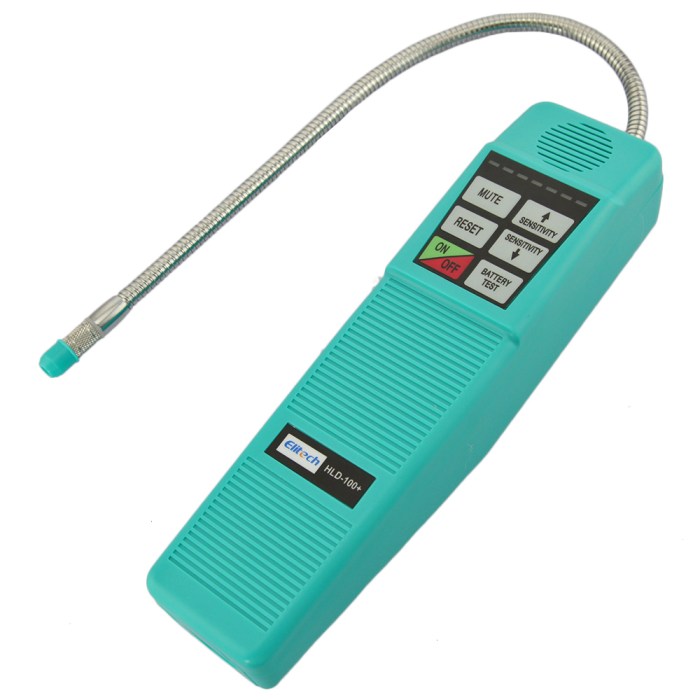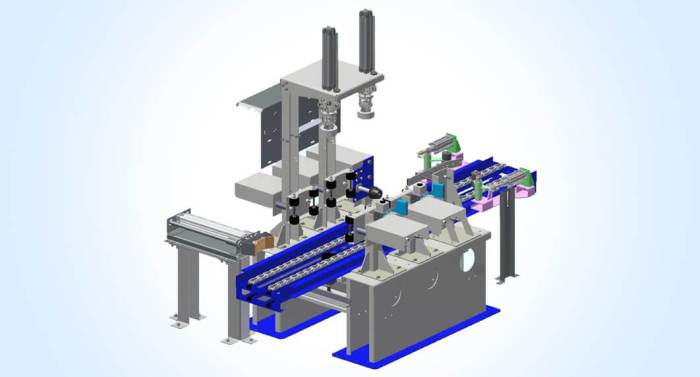Electronic leak detectors for R-1234yf should meet specific requirements to effectively detect leaks of this refrigerant. Understanding these requirements is crucial for ensuring accurate and reliable leak detection systems.
This article provides a comprehensive overview of the necessary specifications, testing procedures, and best practices for using electronic leak detectors for R-1234yf. It also explores alternative leak detection methods and compares their effectiveness with ELDs.
1. Electronic Leak Detectors (ELDs) for R-1234yf: Electronic Leak Detectors For R-1234yf Should Meet

Electronic leak detectors (ELDs) are essential tools for detecting leaks in refrigeration systems that use R-1234yf refrigerant. To ensure accurate and reliable leak detection, ELDs for R-1234yf must meet specific performance requirements.
The table below compares the performance specifications of different ELDs for R-1234yf:
| ELD Model | Sensitivity (ppm) | Response Time (seconds) | Battery Life (hours) |
|---|---|---|---|
| ELD-1234yf-A | 5 | <1 | 8 |
| ELD-1234yf-B | 10 | 2 | 12 |
| ELD-1234yf-C | 15 | 5 | 16 |
FAQ Insights
What are the key requirements for electronic leak detectors for R-1234yf?
Electronic leak detectors for R-1234yf should meet specific sensitivity, response time, and accuracy requirements to ensure reliable leak detection.
How often should electronic leak detectors for R-1234yf be tested and calibrated?
Regular testing and calibration of electronic leak detectors for R-1234yf is essential to ensure their accuracy and reliability. The frequency of testing and calibration may vary depending on the manufacturer’s recommendations and industry standards.
What are the advantages of using electronic leak detectors for R-1234yf?
Electronic leak detectors for R-1234yf offer advantages such as high sensitivity, fast response time, and ease of use. They can detect even small leaks, minimizing refrigerant loss and environmental impact.
What are the limitations of electronic leak detectors for R-1234yf?
Electronic leak detectors for R-1234yf may have limitations in detecting leaks in certain environments or under specific conditions. They can also be affected by factors such as background noise and cross-contamination.
